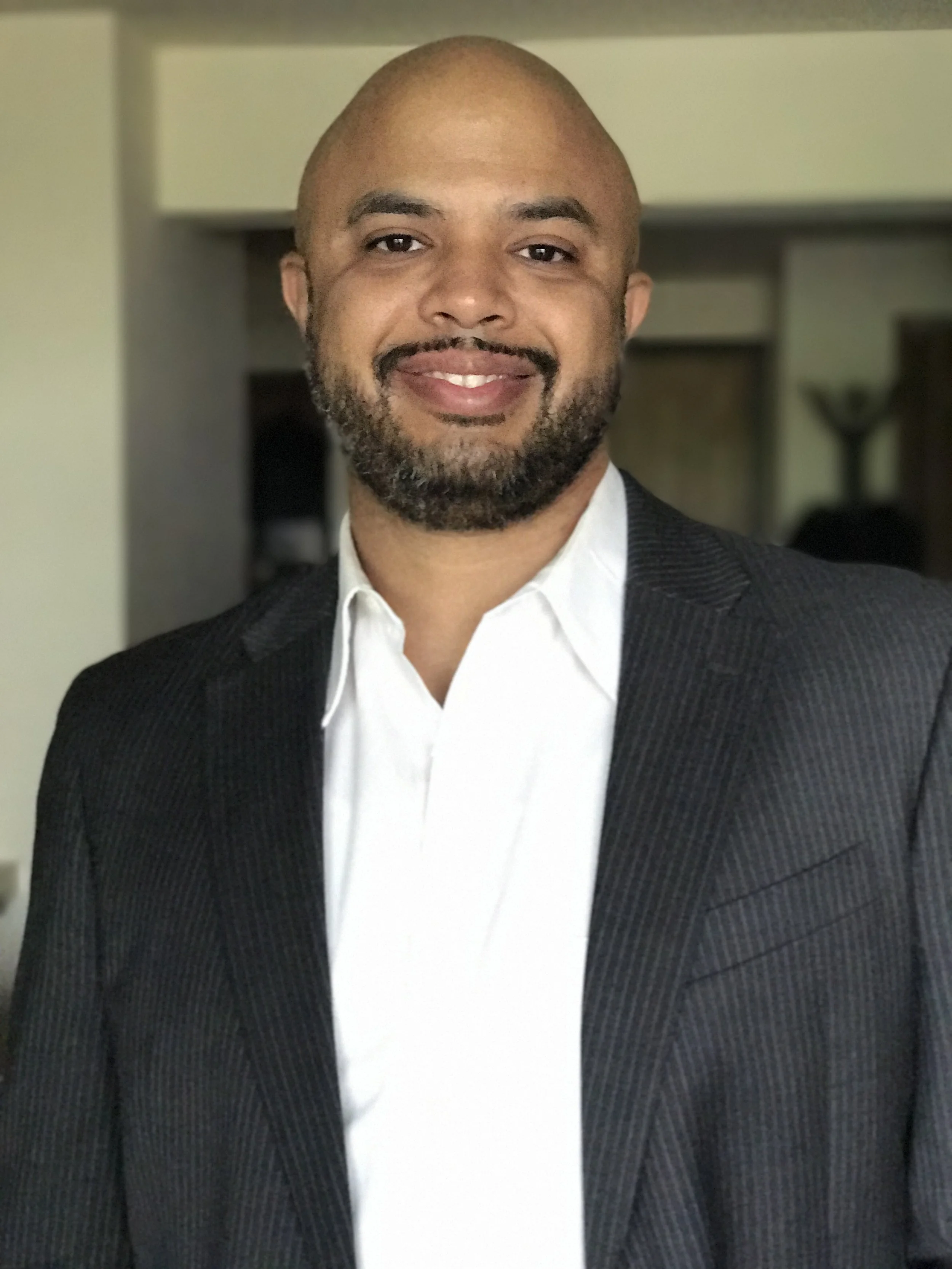Teaching in the Age of AI: Why Connection Still Comes First
Welcome to the Modern Classrooms Project Podcast. Each week we bring you discussions with educators on how they use blended, self-paced, and mastery-based learning to better serve their learners. In this episode, Toni Rose Deanon is joined by Carlos Canela to discuss the integration of AI in the classroom, emphasizing the critical importance of connection in learning.
Their conversation acknowledges AI's potential to personalize learning and free up educator time, but they also cautioned against its misuse, highlighting that "AI is not the answer. It's a tool." Carlos stresses the necessity of human curation and the 80/20 rule, where educators maintain significant oversight over AI content.
Here are three key takeaways from this podcast episode:
Carlos believes that AI should be viewed as a tool to enhance teaching and learning, not a standalone solution. There are limitations of AI in understanding nuance and context, and Carlos reinforces the irreplaceable role of human teachers. Carlos stated, "Connection is the most important part of creating meaningful learning experiences for scholars."
Educators must actively work to mitigate bias in AI and prioritize human connection and context in their practice. Carlos urges educators to critically evaluate outputs and involve students in the feedback process. Carlos said, "We need more critical, analytical thinking skills, right? And if we're continuing to rely on AI for that, then that does not help."
Intentional design and ongoing evaluation are crucial for effectively integrating AI to support diverse learners and foster collaboration. The conversation explored how AI can support self-pacing while intentionally fostering collaboration and community. Carlos noted that "teachers will not be replaced by AI bots, but they will be replaced by teachers who know how to utilize AI to leverage it and improve learning."
Discussion questions for PLC and PD:
How can educators strike a balance between leveraging AI tools to personalize learning and ensuring that human connection and collaboration remain central to their teaching practices?
Given the potential for bias in AI, what specific strategies can educators implement to critically evaluate AI-generated content and promote equity and inclusivity in their classrooms?
In what ways can educators intentionally design learning experiences that integrate AI to support self-pacing while also fostering a strong sense of community and collaboration among students?
Our Host
Toni Rose taught MS English for 10 years and will forever identify as a teacher. Toni Rose strives to be the teacher that they never had growing up, so they focus on anti-bias, anti-racist work and wants to create a brave space for everyone around them. As a queer Filipinx, they understand just how important it is to be represented, be valued, and belong. They especially love being a thought partner for and celebrating teachers.
Our Guests
Carlos Canela
Born and raised in the Bronx, Carlos discovered the transformative power of reading as an adult, igniting his lifelong passion for literacy. With over a decade of experience as an educator, he's dedicated his career to empowering teachers and school leaders to cultivate engaging literacy experiences that inspire students.
Carlos is the founder and CEO of Literacy Tech Solutions Consulting, where he specializes in evidence-based literacy strategies combined with cutting-edge technology integration. Through customized workshops, dynamic curricula, and personalized learning experiences, Carlos helps schools unlock student potential, enhance teacher effectiveness, and promote literacy as a foundation for lifelong success.
If you like what you hear in this episode, share it with a friend or subscribe to get updates when new podcasts are published.



